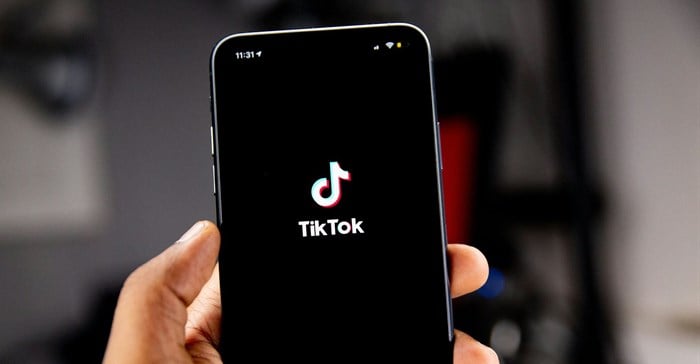Best of Johannesburg
TikTok Gone Wrong: The South African Trends That Could Land You in Court

Think that viral TikTok trend is harmless fun? You might want to think twice
Across Johannesburg and the rest of South Africa, the lines between entertainment and legal accountability are blurring fast. What starts as a lighthearted challenge or prank can spiral into something far more serious once the law gets involved.
The viral fun meets the law
What starts as a “cool challenge” for the likes and views could lead to criminal or civil liability. The law doesn’t draw a line between online and offline life, and in 2025, the consequences are clearer than ever.
• If you post or incite violence on TikTok, you could trigger charges under the Cybercrimes Act 19 of 2020, for example, by posting a message that encourages property damage or threats of violence.
• If you share private or intimate images without consent, you risk serious penalties thanks to the Act and the Films and Publications Amendment Act.
• Defamation, harassment, and violating somebody’s dignity? Those fall under other laws, and the courts are no longer tolerant of hiding behind “it was just a joke.”
• Using copyrighted music, images, or video without permission is not just a platform problem: it’s a legal one.
Real-life trouble: Trends gone wrong
Across the country, we’ve seen trends that seemed harmless snowball into legal nightmares.
-
The “false intruder” prank: In one case, children rang their parents to claim someone was breaking in, purely for the viral moment. But on the ground, it triggered security responses and panic and could amount to criminal false reporting.
-
Dangerous physical stunts: Challenges that ask you to jump, fall, fight, or put yourself at risk attract liability for encouraging assault or reckless harm.
-
Workplace posts gone rogue: An employee records a disparaging or confidential workplace moment and thinks it’s harmless. But courts have ruled employers can act, including dismissals, for reputational damage caused via social posts.
-
Lies and rumours online: Posting unverified claims that someone committed a crime or linking them to wrongdoing can become a defamation suit (or worse) in 2025’s climate.
Why you can’t hide behind “It’s just TikTok”
South Africa’s legal framework treats the digital world as part of the real world.
The Cybercrimes Act gives authorities power to prosecute “data messages” that threaten, incite violence, or contain intimate images without consent.
Further legislation, such as the Protection and Combating of Hate Crimes and Hate Speech Act 2023, also targets online content that promotes hatred, racism, or violence.
The South African Human Rights Commission in 2025 flagged social media calls for violent “operations” against foreign nationals and noted the potential for prosecution under the Cybercrimes Act.
So yes, your TikTok video could be evidence, trigger a police case, or land you in a courtroom.
How to trend-proof your feed
Here are practical steps before you hit “post” or jump into a challenge.
-
Ask: Could this post be seen as inciting violence, encouraging danger, or spreading hatred?
-
Think: Am I using music, images, or video that I don’t own or have permission for?
-
Consider: Will this embarrass, shame, or expose someone without consent?
-
Remember: If your content mentions your workplace, clients, or colleagues, you might be breaching a contract or exposing yourself to employment consequences.
-
Verify: Don’t share unverified claims. In 2025, courts are paying attention to “fake news” that harms reputations.
-
If you’re under 18 (or posting for someone under 18), think extra caution; the law holds stricter standards when minors are involved.
A fresh lens on social media culture
In Johannesburg’s and South Africa’s vibrant digital youth scene, the pressure to go viral is real. But viral also means visible and accountable.
Online culture is shifting; the “fun challenge” era is colliding with a tougher legal reality. Social media platforms may feel limitless, but South African law says what you do online stays with you offline, too.
Parental oversight, clearer employer social media policies, and creators who understand their rights and risks are leading the way. The tone now is not just “make it go viral” but “make it safe and legal.”
For content creators, influencers, and everyday users alike, the message is: creativity is welcome, but responsibility matters.
Also read: From Likes to Lawsuits: How Your Social Media Posts Can Be Used in Court in South Africa
Follow Joburg ETC on Facebook, Twitter, TikT
For more News in Johannesburg, visit joburgetc.com
Featured Image: Bizcommunity


























